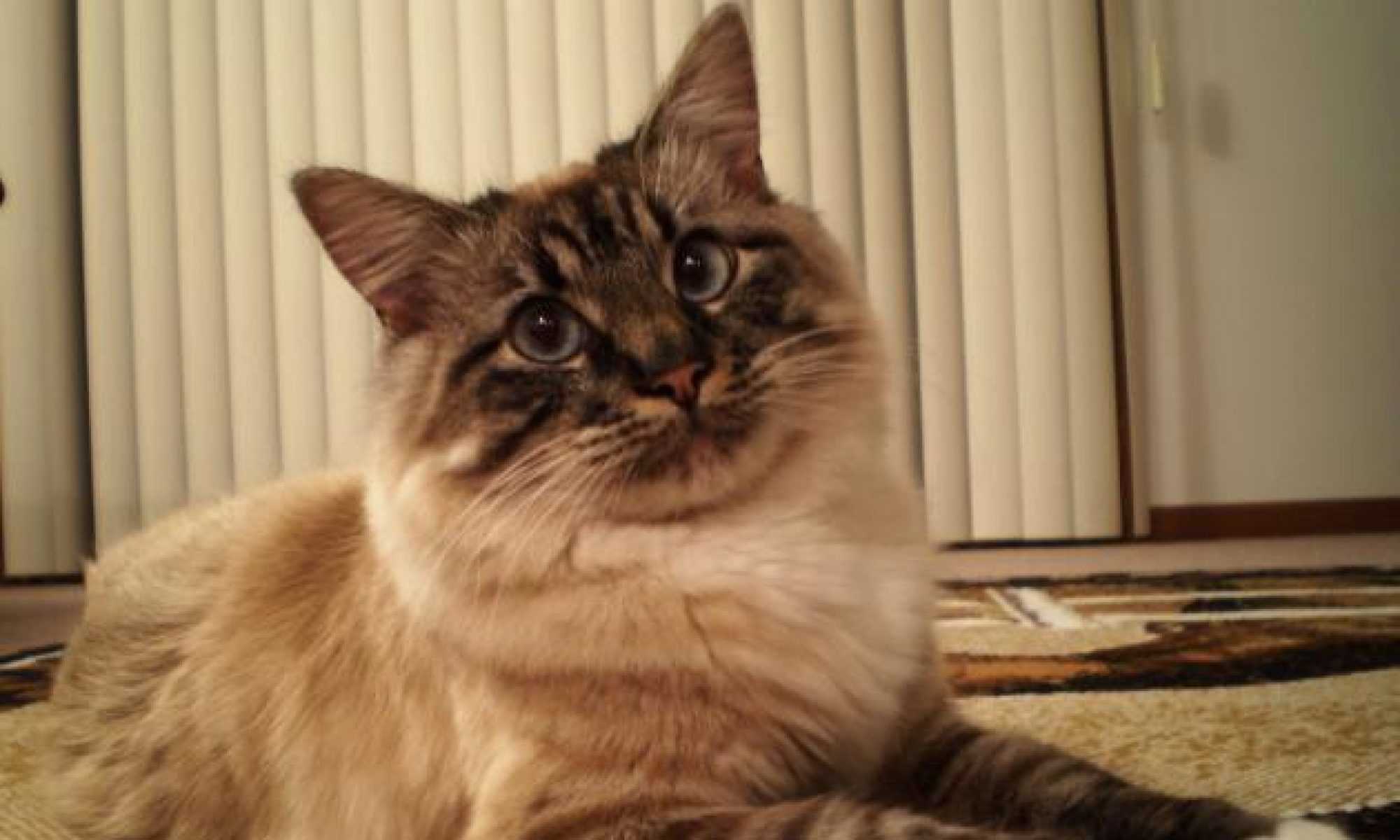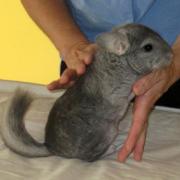A baby parrot goes through five basic developmental stages: neonate or hatchling, nestling, fledgling, weanling, and juvenile or pre-adolescent.
The first stage is the “neonate” or “hatchling.” This newly hatched baby still has its eyes closed and is completely dependent on its parents or humans to provide food and a warm environment.
The second stage is the “nestling.” At this point, the bird’s eyes are open, but it still relies on a parent bird or human for feedings. It …


